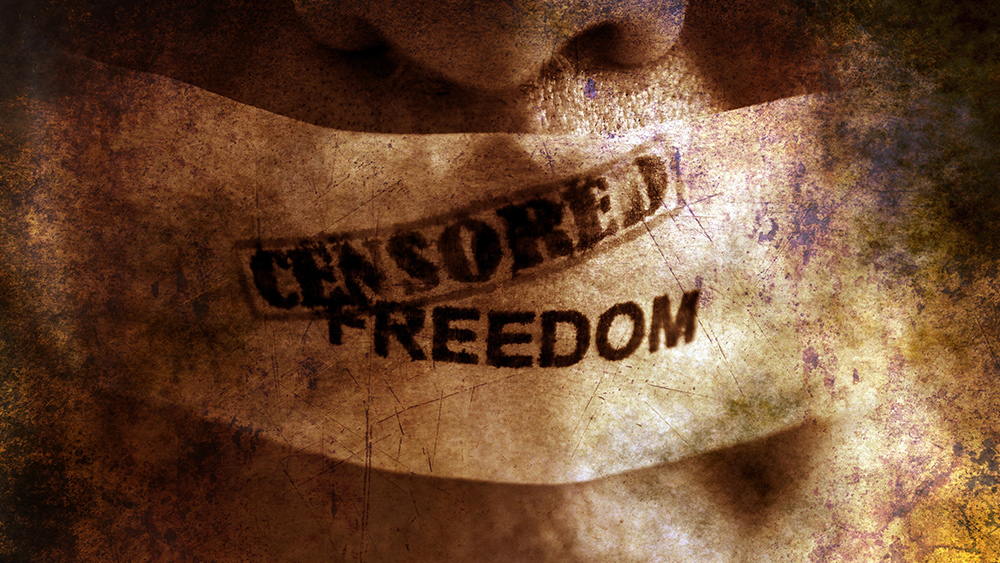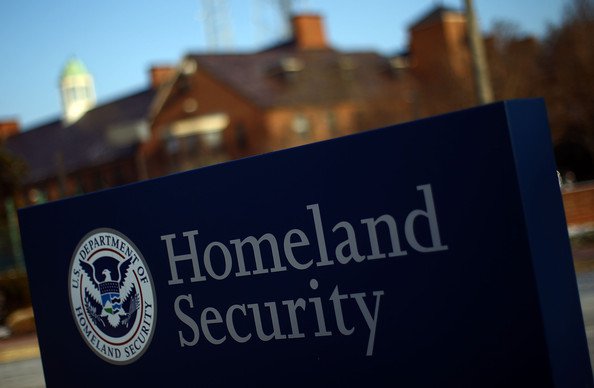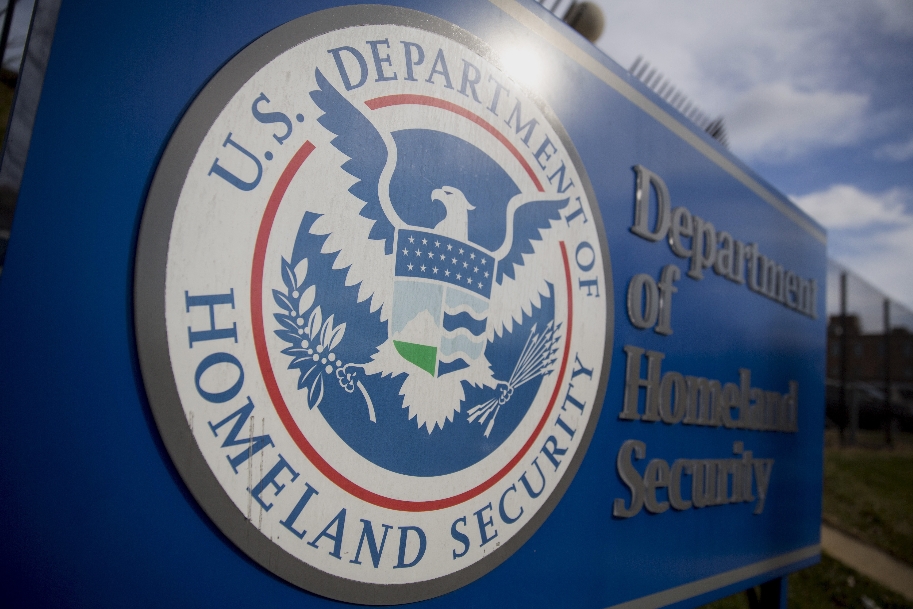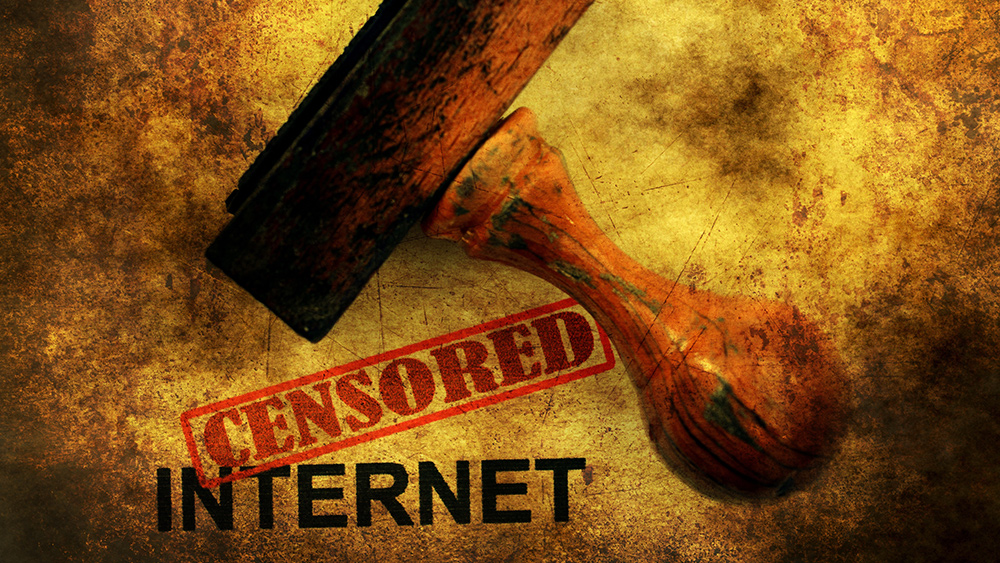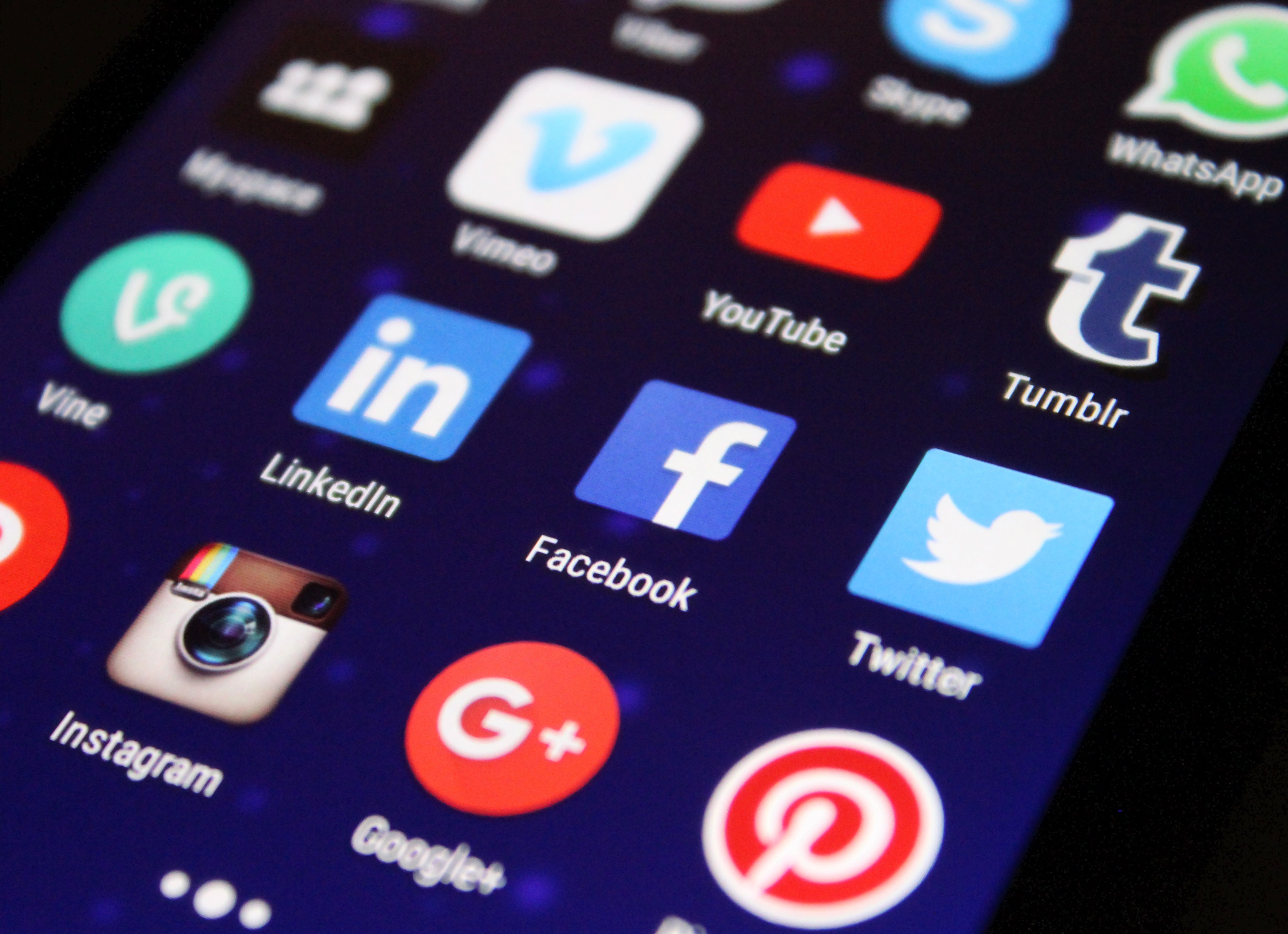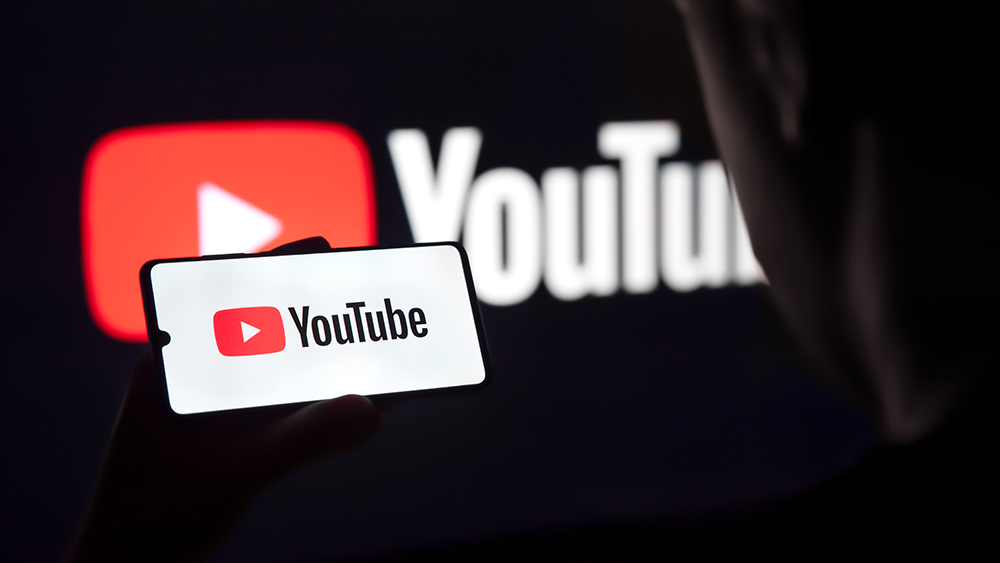Trump reiterates need for Section 230 immunity protections to be stripped from Big Tech
12/10/2020 / By Ethan Huff

Doubling down on the issue, President Donald Trump tweeted a second time this week about the need to roll back Section 230 of the Communications Decency Act (CDA), which continues to be abused by Big Tech as a cover for mass censorship.
For the purposes of national security, Trump wrote, Section 230 “must be immediately terminated.” Doing so would prevent tech giants like Facebook and Twitter from silencing conservative voices, including messages from the president himself.
Last week, Trump threatened to veto the National Defense Authorization Act (NDAA) if Congress failed or refused to deal with the Big Tech censorship problem. Now is he renewing that threat once again.
Within the current paradigm, Big Tech companies are free to act both as content providers and publishers. They are immune from lawsuits, much like the vaccine industry, for the content that passes through their platforms, even as they censor content of which they do not approve.
“The law allows companies to block or screen content ‘in good faith’ if they consider it ‘obscene, lewd, lascivious, filthy, excessively violent, harassing, or otherwise objectionable,'” writes Janita Kan for The Epoch Times.
“The protections, however, weren’t intended to apply to services that act more like publishers than online platforms, Attorney General William Barr said in a speech in May.”
There needs to be a massive crackdown on Big Tech’s First Amendment abuses
Earlier in the month, lawmakers confronted Facebook CEO Mark Zuckerberg and Twitter CEO Jack Dorsey over continued allegations that their platforms are censoring and suppressing information.
Sen. Ted Cruz (R-TX) and others grilled the two censorship goons over their claims that silencing certain voices is justified when doing so “link[s] to a broader conversation” about the subject at hand, to quote the words of Dorsey.
“No you’re not,” Cruz responded. “You put up a page saying, quote, ‘voter fraud of any kind is exceedingly rare in the United States.’ That’s not linking to a broader conversation; that’s taking a disputed policy position, and you’re a publisher when you’re doing that.”
Cruz went on to explain that while tech companies like Facebook and Twitter are entitled to take a policy position, they do not “get to pretend [they’re] not a publisher and get a special benefit under Section 230 as a result.”
In the days leading up to the election and ever since, Twitter has really ramped up its censorship agenda, specifically against President Trump. Nearly every tweet the president puts out about election fraud investigations is “fact-checked” and declared to be “false” as Twitter pretends to be a legal authority on such matters.
Between Oct. 27 and Nov. 11, Twitter put labels, warnings and other restrictions on some 300,000 other tweets from people who support the president and his quest for a free and fair election. Many of these tweets were deemed “disputed and potentially misleading” simply because they entertained the idea that the election was fraudulent.
The Department of Justice (DOJ) has urged lawmakers to consider taking up proposals to update Section 230 to better reflect the paradigm in which we now live. People of all political persuasions should be free to share information as they see fit without the tech gods interfering and deciding what is “true” and what is “false.”
“The events of recent days have made reform even more urgent,” says Assistant Attorney General Stephen E. Boyd.
“Today’s large online platforms hold tremendous power over the information and views available to the American people. It is therefore critical that they be honest and transparent with users about how they use that power. And when they are not, it is critical that they can be held accountable.”
More related news about internet censorship can be found at Censorship.news.
Sources for this article include:
Submit a correction >>
Tagged Under:
Big Tech, Censorship, Communications Decency Act, immunity protections, President Trump, rollback, Section 230, Trump
This article may contain statements that reflect the opinion of the author
RECENT NEWS & ARTICLES
COPYRIGHT © 2017 YOUTUBECENSORSHIP.COM
All content posted on this site is protected under Free Speech. YouTubeCensorship.com is not responsible for content written by contributing authors. The information on this site is provided for educational and entertainment purposes only. It is not intended as a substitute for professional advice of any kind. YouTubeCensorship.com assumes no responsibility for the use or misuse of this material. All trademarks, registered trademarks and service marks mentioned on this site are the property of their respective owners.



